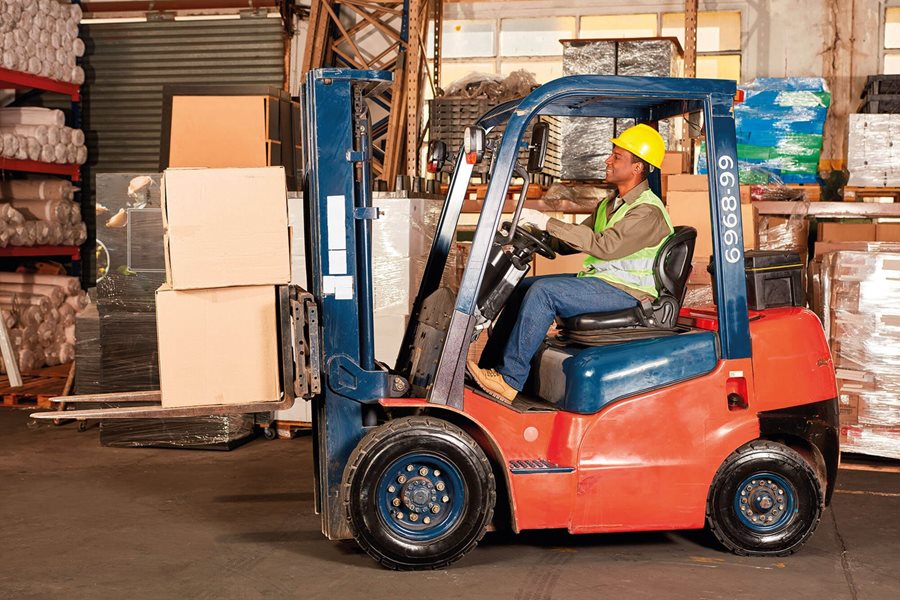🕒 Article read time: 2 minutes
UK economy cannot operate without logistics workers

Vital logistics workers must be excluded from the government’s restrictive post-Brexit immigration policy, FTA has said.
Following the policy announcement on 19 Febru-ary, FTA is calling for government to realise how reliant the industry is on EU workers. The sector is already suffering from a severe labour shortage and the loss of these workers could cause business to come grinding to a halt.
Sally Gilson, FTA’s Head of Skills Policy, said: “FTA needs the Prime Minister, Boris Johnson, to reconsider his post-Brexit immigration policy immediately; the UK economy simply cannot operate without the logistics workforce. The sector is already facing a severe labour shortage – 64% of transport and storage businesses are now struggling to fill vacancies – and with EU workers currently constituting 13% of the entire logistics workforce, it is obvious how detrimental this policy will be on the very businesses charged with keeping the UK trading. If the government insists on withdrawing access to EU workers, it will have to adapt and adjust its allowances for training; the burden should not solely lie on UK businesses.
“FTA is also appalled that the government has deemed HGV driving – along with many other logistics occupations – to be ‘low skilled’ activities; these are, in fact, very challenging roles. Vocational occupations make a significant contribution to the UK economy; FTA is urging the government to realise it is not just academically trained workers that hold value.”
Gilson continued: “FTA is urging the government to give special dispensation to EU logistics workers; they must be welcomed post-Brexit transition period to ensure the sector can continue operating. While businesses within the logistics sector will do everything possible to keep the UK trading, without adequate levels of staff, operations will become strained and UK plc will inevitably suffer.”
According to FTA’s Logistics Skills Report 2019, declining EU net migration has contributed to a 43% rise in job vacancies in the transport and storage industry over the past couple of years.
★www.fta.co.uk/campaigns/skills-shortage
Published On: 02/03/2020 15:05:13

Comments Section
If you are a Logistics UK member login to add comments.